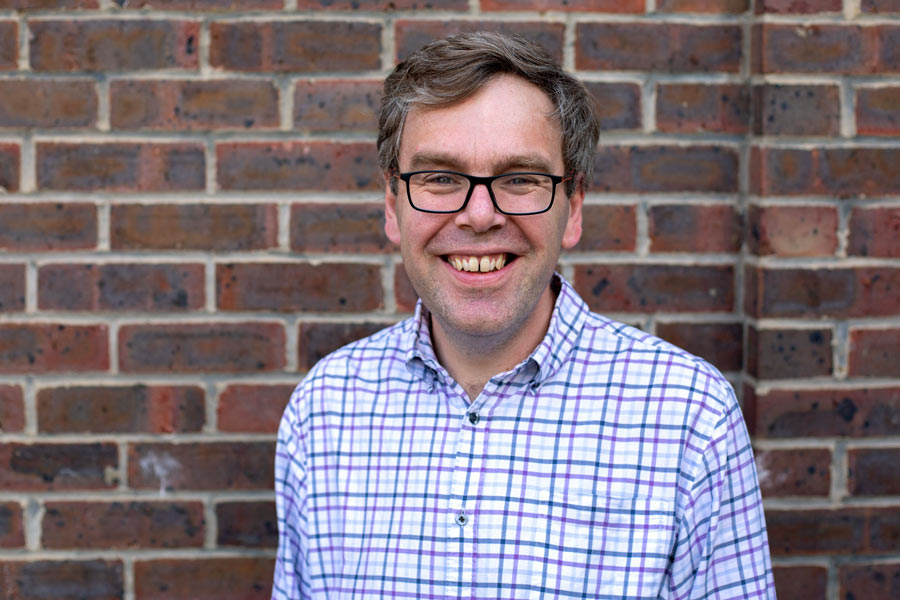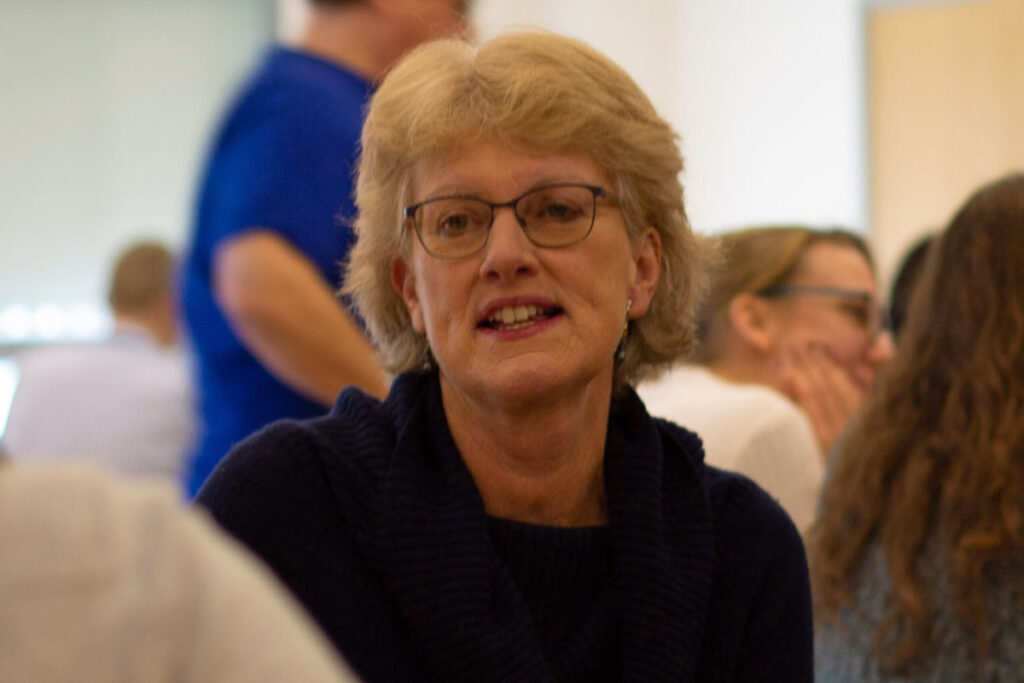Anvil journal of theology and mission
Editorial: CMS Student Edition: Reflections on mission and pioneering: ANVIL volume 40 issue 1
by Cathy Ross and James Butler
It is our pleasure to profile some of our students’ work in this edition of ANVIL. One of the mantras across our courses and programmes is that everyone has a piece of the wisdom. The insights and wisdom coming from the grounded and lived experience of mission and pioneering deeply enrich our class discussions and mean that our missiological discussion can never take place in the abstract. As the lived experience of students comes together with the biblical and theological writings and reflections of scholars, new insights and possibilities emerge. Given the diverse contexts of their mission and pioneering, it is no surprise that our students are producing insightful pieces of work drawing on the questions and reflections emerging from their mission practice. While there could have been many more pieces selected, we hope that this selection will prove enjoyable reading.
The two longer pieces are shortened versions of MA dissertations, which the students kindly edited to a more readable length. Rachel writes about what a study of Ethiopian forest churches might have to offer and inspire local churches in East London. As a forest school practitioner herself, she was drawn to the spirituality of the Ethiopian forest churches and the way they cared for, nurtured and honoured the space. Their practice of biodiversity is embodied in their lives, spirituality and worship, and Rachel draws on these themes to reflect further on eco-theology and its meaning in her context. Hayley focuses in on the experience of churches on outer urban estates. As someone who grew up on an outer urban estate, and who now has over 20 years’ experience of Christian community engagement in her local estate, Hayley asks what the perceptions of God and the church are among people engaging with their mission initiatives. Through a process of careful listening, she challenges the ways such estates are often stigmatised. While she does hear stories of suffering and abuse, she also finds hopeful stories about perceptions of God and church, which open up new possibilities for mission in estates. Hayley encourages a focus on presence, enabling and proclamation that is based in careful listening and is discovered in ordinary and everyday interactions and conversations.
Five shorter articles develop a range of themes explored in our different modules and programmes. Tammy reflects on chaplaincy and pioneering. She explores how the concept of “being with” resonates with both chaplaincy and pioneering. At the same time she identifies some differences that she explores in some depth, concluding that although they are both distinct vocations, there are some significant crossovers. The article “Care for the Wise” was born out of a student’s experience in chaplaincy in a retirement community where the student was shocked at the poor quality of care. This sparked the idea of creating something new, which eventuated in a care-at-home business that cares for the older person holistically and takes the wider context into account. Do read it to see how the student frames it as holistic mission with an entrepreneurial flavour. David’s article recounts his experience of finding an embodied spirituality in the midst of his own pioneering. Noticing how easy it is to become focused on “keeping the show on the road”, David explores how eco-theology helped him to notice how his families’ developing rituals and rhythms could form the basis of a more embodied spirituality. It is a snapshot of his own journey, which asks helpful questions of how such an embodied spirituality might continue to develop. In doing so he and his family discover an image of “God the dancer”, which offers a challenge to offer a prophetic voice to the world.
We have been delighted to see the development of an African Christian Theology route through our programmes, pioneered by Harvey Kwiyani, and the last two short articles come from this MA programme. In his article, Gowi seeks to discover an African spirituality. Beginning by describing an “African Christianity”, Gowi highlights the significance of charismatic and Pentecostal Christianity as well as the way African music, song and dance, the oral culture and the focus on spirit all shape a uniquely African Christian spirituality. He describes a “triple heritage” of African Christianity that can be celebrated and received as a gift to global Christianity. Jess opens up similar questions around the “Africanisation of Christianity” and the “Christianisation of Africa” through the life and ministry of Agnes Okoh. Through telling Agnes Okoh’s story, she demonstrates the ways in which a focus on the spirit world and on community wellbeing shapes African Christianity. In light of this she shows the way in which Okoh’s faith in the power of the Spirit and the life found in Jesus Christ are experienced as more powerful than the powers of the indigenous world view.
To conclude this edition of ANVIL, Maddie offers us a performance piece with a wonderful poem that she wrote as an autoethnography. This is a powerful piece that explores all sorts of issues including home, relationships, expectations around gender and what might be possible. You can read it as well as listen to it.
The kinds of discussion and reflection taking place across our programmes, embracing a more global perspective on Christianity, have been identified as enriching by staff and students alike. We hope that these articles in this edition of ANVIL can give a flavour of the diverse and engaging discussion taking place in our pioneering programmes.

About the authors
James Butler is pioneer MA lecturer and assistant coordinator for Pioneer Mission Training at CMS. He teaches in the areas of mission, ecclesiology and practical theology. His PhD explored how Small Missional Communities sustain their social action. He also works as a postdoctoral researcher at the University of Roehampton, researching themes of learning, discipleship and social action.

Dr Cathy Ross leads Pioneer Mission Training Oxford and is a lecturer in mission at Regent’s Park College, Oxford. Until 2016 she was the General Secretary of the International Association for Mission Studies. She has previously worked in Rwanda, Congo and Uganda with NZCMS. She has published books on global mission, women in mission, contextual mission and pioneering. Her research interests are in the areas of contextual theologies, World Christianity, feminist theologies and hospitality. Cathy is married to Steve, a GP in Oxford and they have three children and two grandchildren. She enjoys tennis, swimming, coffee, travel and watching the All Blacks.